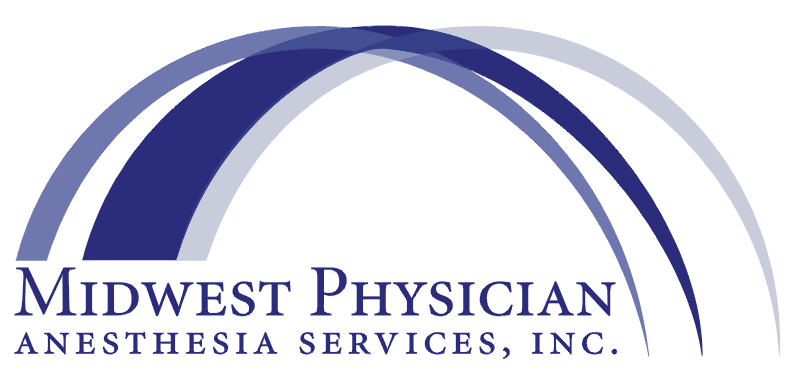Preoperative Preparation
Your surgeon will decide which lab tests to obtain before your surgery. If your medical history is complex or if you have particular concerns, an evaluation by one of our anesthesiologists before the day of your surgery may be appropriate. Hospitalized patients may be seen by an anesthesiologist the evening prior to surgery. Most of your regular medications can be taken on the day of surgery with small sips of water. Several days before your surgery you will be given specific instructions about your medications by a registered nurse from the surgery department. Special attention should be given to medications such as blood thinners. Food and beverages must be avoided after midnight before your surgery.
Under certain special circumstances your surgeon may permit small amounts of water or Gatorade prior to your surgery. Patients who come from home on the day of surgery will be admitted in the same day surgery unit. After being transported to the pre-op area you will meet with your anesthesiologist. A history and physical, with particular emphasis on previous anesthesia experiences, will be performed. A family history of problems with anesthesia will be important for you to mention. After consideration of your health history, your surgical procedure and your preferences, your anesthesiologist will formulate an anesthetic plan that best suits your needs.
Postoperative Care
After awakening from anesthesia in the operating room you will be brought into the post anesthesia care unit (PACU). Nurses trained in the recovery of surgical patients will monitor you. Medications to treat pain, nausea or shivering will be prescribed by your anesthesiologist. When your vital signs (blood pressure, heart rate, etc.) are stable and pain is under good control you will be discharged from the PACU. Inpatients are discharged to their hospital room. Outpatients go to the phase-2 recovery unit prior to going home.
